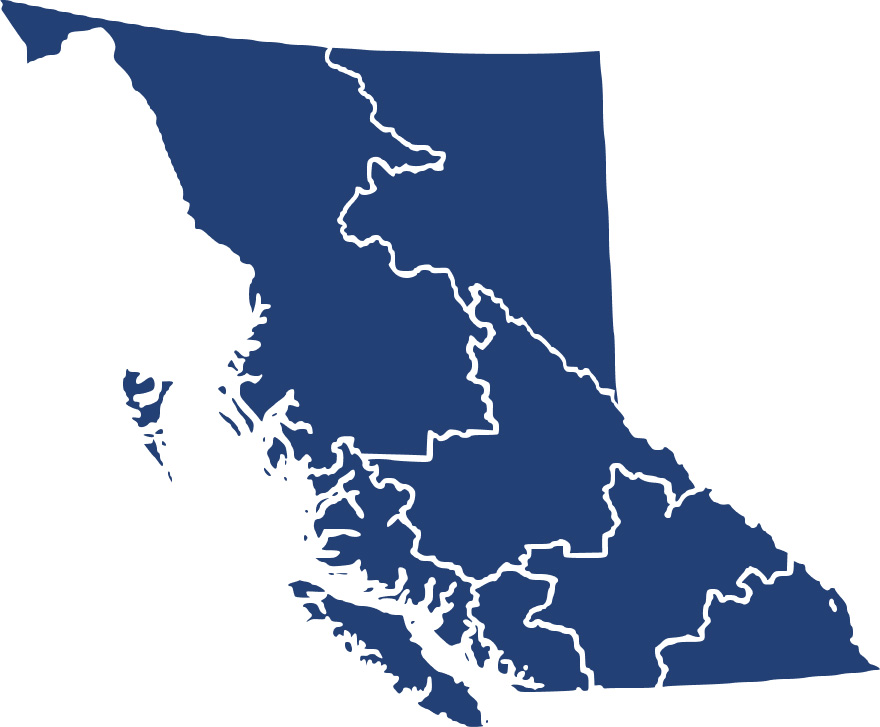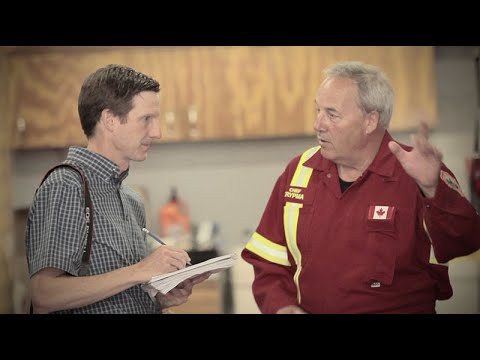Career Overview
Journalists research, investigate, interpret and communicate news and public affairs through newspapers, television, radio and other media.
People in this occupation:
- May specialize in a particular area, such as in arts, business or sports reporting
- Work for radio and television networks and stations, newspapers and magazines
- May also work on a freelance basis
- Should have excellent written language and communication skills
- Should have good computer skills
- Must be able to take in a wide variety of information quickly and accurately
- Must be able to work within tight deadlines
Duties
Journalists:
- Collect local, national and international news through interviews, investigation and observation
- Write news stories for publication and broadcast
- Receive, analyze and verify news and other copy for accuracy
- Arrange and do interviews as part of research and for radio and television programs
- Research and report on developments in specialized fields such as medicine, science and technology
- Prepare regular feature columns and stories on specialized topics
- Write editorials and commentaries on topics of current interest to stimulate public awareness and express the views of a publication or broadcasting station
- Write critical reviews of literary, musical and other artistic works based on knowledge, judgment and experience
Special duties
Journalists may specialize in print, broadcast or webcast media. They may also specialize in particular issues such as political affairs or entertainment news or they may specialize in a particular geographic area.
Earnings
Earnings is income that workers receive in exchange for their labour. Depending on the type of employment, earnings can be in the form of wages (hourly), salaries (fixed monthly or annual) or self-employed earnings.
Work Environment
# Workers Employed
1,160% Employed Full Time
53%Journalists work approximately 35–40 hours per week. However, longer hours may be required due to deadlines or other factors. The pace of work is also typically fast in order to meet deadlines. Unpaid overtime and evening and weekend work may be necessary in some positions, but less so in unionized organizations.
Journalists typically work in an office environment for a portion of their work. They also often work at various locations, covering events, gathering news or doing interviews.
Some journalists, such as foreign correspondents covering wartime activities, may have to work in dangerous situations.
Career Pathways
Recent graduates both in print and broadcast media typically find work in smaller businesses (i.e., daily or weekly newspapers and smaller radio and television stations).
Entry-level positions at larger firms may include general reporters or junior reporters who specialize in a particular area. Graduates who get internships may be offered entry-level employment.
Experienced reporters may advance to editorial positions (print media), columnists or become producers (broadcast media) or be hired in management positions.
Related Careers
Occupational Interests
It’s important to understand what kinds of occupations align with your interests.
For more about occupational interests visit Skills for the Future Workforce > Characteristics.
Here are the top occupational interest(s) for this career profile:
Job Titles
Education, Training and Skills
Journalists must have a college diploma or a university degree in journalism or a related field (i.e., communications). Other requirements vary depending on the position and may include:
- A university degree in English or history with proven writing skills.
- Experience working on school newspapers or doing outside writing work while in school
- One to two years of experience for daily newspapers
- Newspaper layout experience and proven competency with a digital camera
Specialized reporting positions, such as a sports reporter or a music reviewer, require considerable background in the field.
Education programs in B.C.
The following program areas are related to this occupation:
- Broadcasting Related
- Journalism

Skills
Every job calls for a certain set of skills. Knowing those skills is the first step in finding a good career fit.
Here, you will find the 10 most relevant workplace skills. Some are more important to achieving success in a certain career than others. These skills may come naturally to you or you may need to gain them through education, training and experience.
See the list of work-related skills below, ranked in order of importance for this career. Check out the list and see if this career matches your skills—take that first step!
Talking to others to share information effectively.
Communicating effectively in writing as appropriate for the needs of the audience.
Understanding written sentences and paragraphs in work-related documents.
Giving full attention to what other people are saying, taking time to understand the points being made, asking questions as appropriate, and not interrupting at inappropriate times.
Using logic and reasoning to identify the strengths and weaknesses of alternative solutions, conclusions or approaches to problems.
Being aware of others’ reactions and understanding why they react as they do.
Understanding how new information could be used to solve current and future problems in making decisions.
Keeping track of and assessing your performance, other individuals, or organizations to make improvements or take corrective action.
Managing one’s own time and the time of others.
Being able to solve novel, ill-defined problems in complex, real-world settings.
Labour Market Statistics
Discover data, facts and information that have been gathered and analyzed. Learn about the characteristics of the economy and labour market in B.C.
Employment
Find out about employment types and trends by region and industry.
Employment
1,160Employment by Region















| Region | Employment | % Employment of this Occupation |
|---|---|---|
| Cariboo | 25 | 2.2% |
| Kootenay | 25 | 2.2% |
| Mainland/Southwest | 785 | 67.7% |
| North Coast and Nechako | 15 | 1.3% |
| Northeast | 0 | 0.0% |
| Thompson-Okanagan | 105 | 9.1% |
| Vancouver Island/Coast | 200 | 17.2% |
Labour Market Outlook
The B.C. Labour Market Outlook is a 10-year forecast of the expected supply and demand for labour in the province. It’s usually updated every year. The purpose is to provide British Columbians with the knowledge to make informed decisions on careers, skills training, education and hiring.
Forecasted Job Openings (2023-2033)
340Forecasted Job Openings
Forecasted Employment Growth Rate
Composition of Job Openings
Job Openings by Region (2023-2033)















| Region | Job Openings | Avg. Annual Employment Growth |
|---|---|---|
| Cariboo | 10 | 1.6% |
| Kootenay | 10 | 1.1% |
| Mainland/Southwest | 220 | 0.4% |
| North Coast and Nechako | Not available | Not available |
| Northeast | Not available | Not available |
| Thompson-Okanagan | 30 | 0.6% |
| Vancouver Island/Coast | 60 | 0.8% |
Industry Highlights
Learn about the opportunities in B.C.'s major industries, including employment trends, earning potential, locations of work and more.
Forecasted Job Openings by Industry
| Industry | Job Openings (2023-2033) |
|---|---|
| Information, Culture And Recreation | 290 |
| Professional, Scientific And Technical Services | 20 |
| Retail Trade | 20 |
| Educational Services | 10 |
| Business, Building And Other Support Services | 0 |
Insights from Industry
Job openings over the next few years will come from the creation of new jobs and replacing retiring workers.
Technology has impacted this occupation in a number of ways. Journalists familiar with new technologies and with good computer skills will have an advantage over others seeking work in this field. Written material is now easily transferred between writers and publishers via email and the internet, so journalists may have to use web access and laptops for remote filing of stories. Journalists may also now play a greater role in offline editing. These technological changes may create a trend towards part-time work and self-employment.
In the last several years, there has been a slow decline in newspaper readership and an increased interest in internet news sites. As a result, prospects for broadcast journalists are improving, and journalists increasingly require knowledge of the internet and related technology.
Due to downsizing, television stations tend to need fewer people, so it is an asset for a journalist to be able to operate a video camera and supply the visuals for their own story. Journalists who can write about scientific or technical subjects will have an advantage in the labour market.
Some journalism graduates seek work in closely related fields such as advertising and public relations. These jobs are appropriate for journalists who are creative, have media relations knowledge and can work as part of a team.
Resources
-
Canadian Association of Journalistswww.caj.ca









